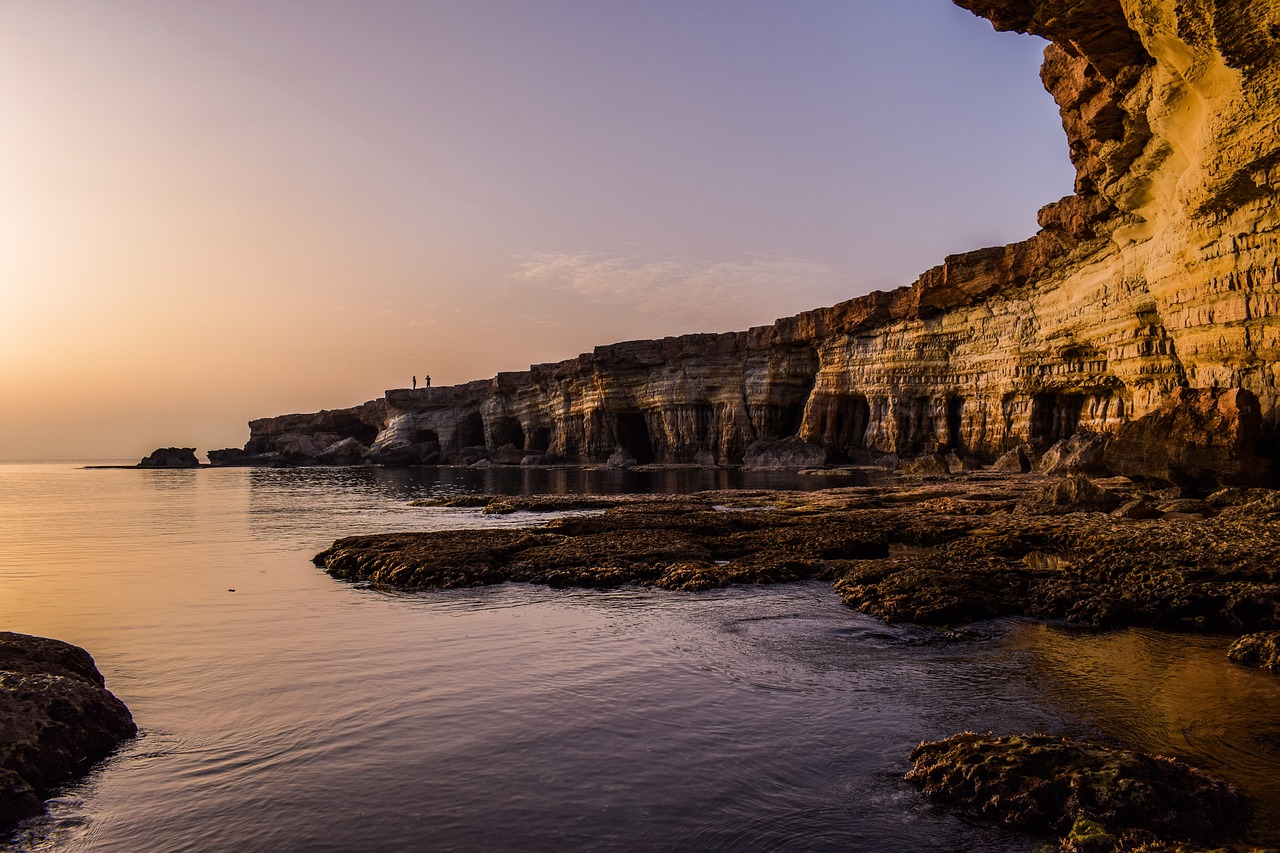By Eleni Panayiotou
“The Mediterranean is a thousand things at once. Not a landscape but countless landscapes. Not a sea but a succession of seas. It is not a civilisation, but a series of superposed civilisations,” Fernand Braudel, The Mediterranean Sea
The Mediterranean has always been more than just a body of water. It’s a living, breathing symbol of connection, heritage, and resilience – “the cradle and crossroads of civilisations” for centuries; sometimes calm and inviting, and other times wild and rough. At its heart though beats the true essence of who we are as Mediterranean people.
When we think of the Mediterranean, we imagine a blue, glistening sea framed by olive trees and terracotta rooftops; but today more and more that image is interrupted by floating plastic bottles, abandoned fishing nets, and pieces of broken-down litter drifting in the currents as the sun sets.
It makes you wonder – where did it all start? More importantly, what can we do about it?
The Mediterranean, being a semi-enclosed sea, is especially vulnerable. Plastics pile up on the seafloor, and according to statistics an estimated 85 per cent of floating waste is plastic too. Although it holds just 1 per cent of the world’s waters, the Mediterranean collects 7 per cent of all global microplastics. In some places, concentrations of microplastics at the surface reach a staggering 64 million particles per square kilometre. That’s a lot of plastic!
Throughout history, Mediterranean ports have stood as the gatekeepers of this identity. They have linked continents, cultures and generations. But today, these vital hubs face a new kind of threat – the slow, steady tide of plastic waste.
To safeguard our Mediterranean, it is clear that we all have to work together. That means better coordination and communication between everyone involved in waste management – port authorities, ship owners, waste companies and agents. It means ensuring that waste is properly managed both on board vessels and at port facilities. It also means a visible, public commitment to greener, more circular ports; not just declarations, but real actions people can see and believe in.
Building circular and greener ports isn’t just about technology and infrastructure it’s about safeguarding Mediterranean identities rooted in trade and innovation – throughout history, we thrived by adapting – by finding smarter, better ways to live with our environment rather than against it and this is no different today.
Right here in Cyprus, we have a great example that has been set in motion. The “Green and Circular Ports for a Litter-Free Mediterranean” project, led by Isotech Ltd with the support of Beyond Plastic Med (BeMed), and the endorsement of the Cyprus Shipping Chamber (CSC), is setting a new standard. It goes beyond simply cleaning up waste. It’s about turning ports into the true guardians of the sea.
The project is working to implement smarter waste reduction and waste management solutions both ashore and on ships. It’s a model of how local action can ripple outward, inspiring change across the region. Isn’t that what the Mediterranean is all about?
By embracing circular economy principles, we’re not just preventing pollution, we are restoring the very essence of our region. Projects like this one connect to broader movements like the CapiMed-Islands programme, which brings Mediterranean islands together to share knowledge and amplify impact proving that collaboration across shores and islands isn’t just smart; it’s essential.
At the end of the day, it’s not only about policies or regulations – though they remain essential. It’s about ensuring that the character of the Mediterranean, shaped by its history and natural beauty, is not lost.
Put simply, the greener ports we invest in today will define the Mediterranean we leave to the next generation.
For more information on the BeMed project take a look here
Eleni Panayiotou is a communications manager at Isotech Ltd (journalist and creative communications and media strategist)






Click here to change your cookie preferences